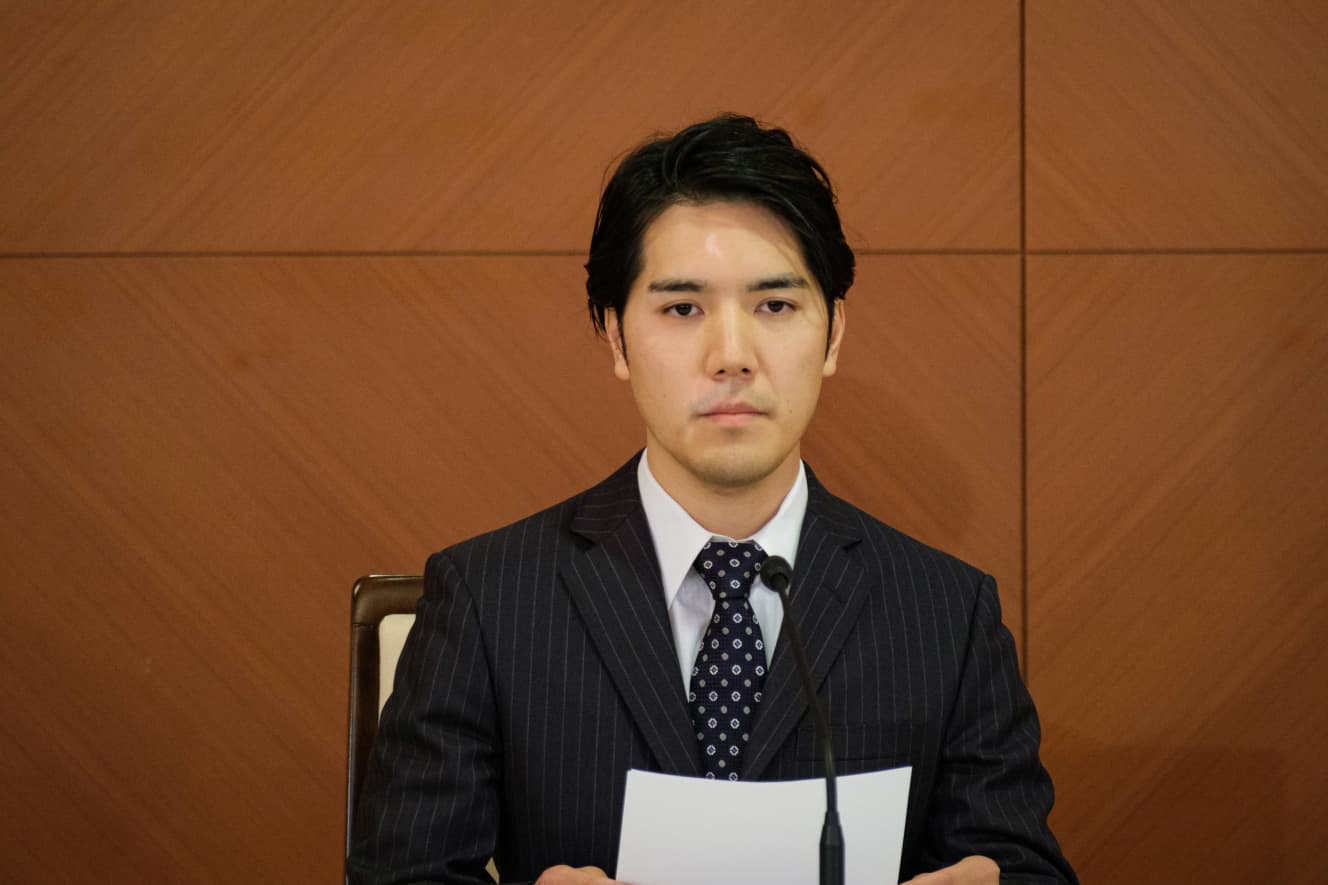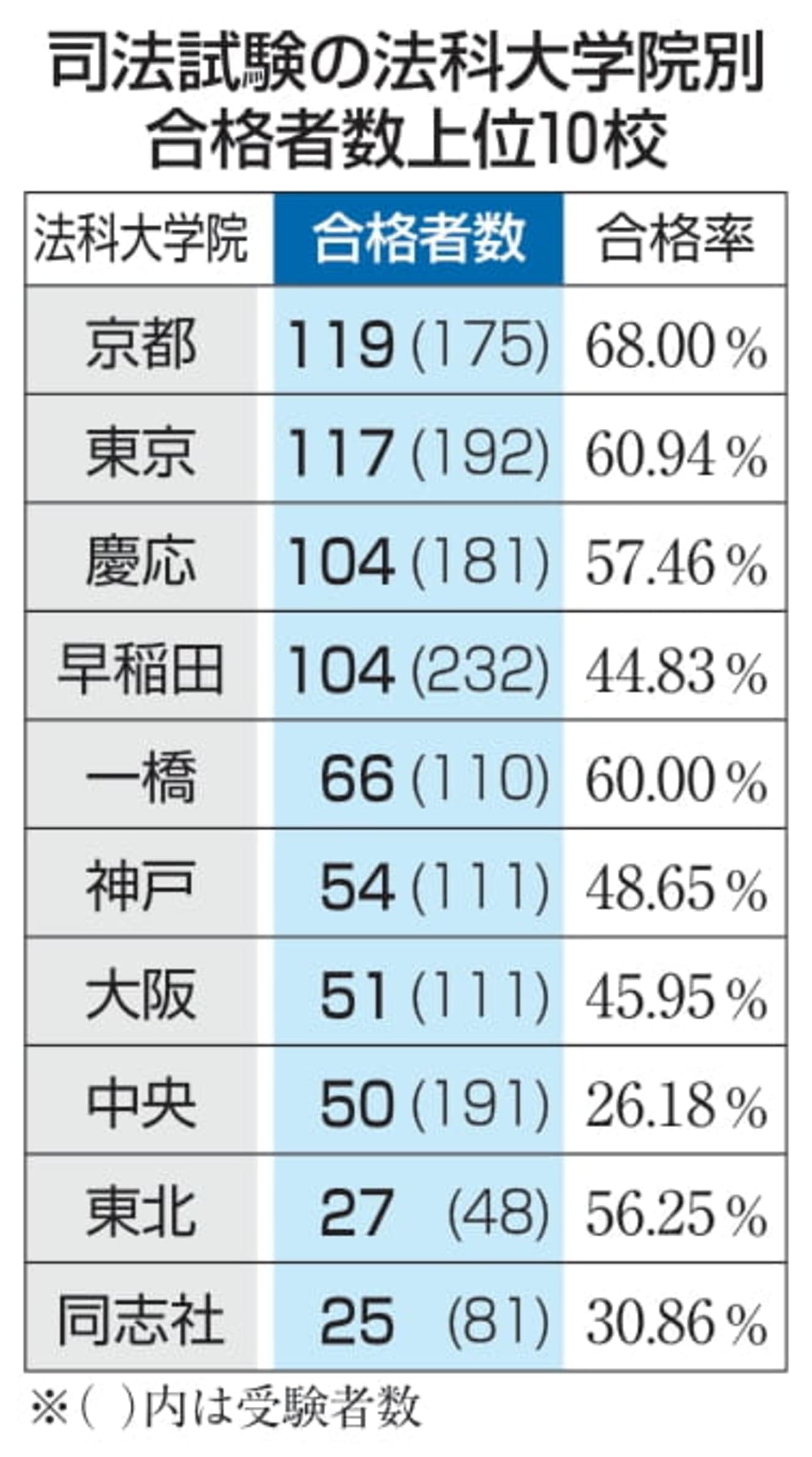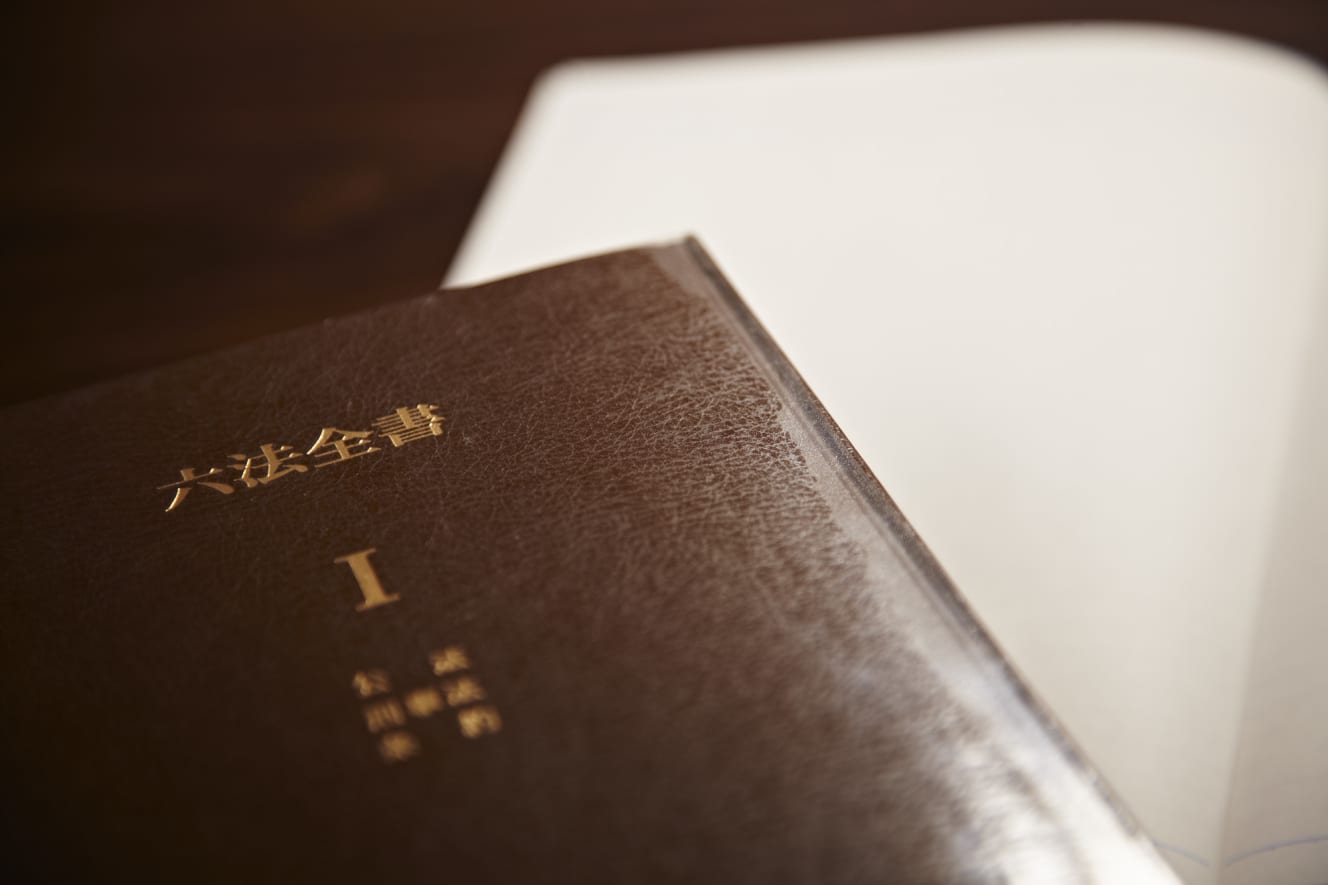Self-taught while caring for his father… a civil engineer passed the bar exam! Amazing Study Methods
I frankly felt sorry for Ms. Komuro…”
The news that Kei Komuro passed the New York State bar exam on his third attempt has become a hot topic.
Although there are some differences between the U.S. and Japan, the bar examinations are all very “narrow” in nature. In Japan, on September 5 of this year, it was announced that 1,403 people with a total score of 750 or higher in the comprehensive evaluation had passed.
One of the 1403 was a man in his late 30s with the Twitter user name “Freelancer, I will pass the bar exam. (hereafter referred to as “Mr. Freeter”), a male Twitter user in his late 30s.
In fact, his previous user name was “Civil engineer, taking on the challenge. We requested an interview with him in early January this year after he tweeted that he had passed the preliminary bar exam in Reiwa 2021, which had a final pass rate of 4%. Since then, he has passed the main bar exam, and we were able to fulfill our 10-month commitment to interview him.

Lawyer is a dream of my father, who is a caregiver…
I took the bar exam when I was a university student (while enrolled in the law department of a private university in Tokyo), and although I had experience as a judicial ronin, I gave up and became a company employee. However, as I became involved in a bit of legal work, it became interesting and I thought that there was something more I could do, so I decided to give the bar exam another try. However, I was afraid to quit my job, so I started studying on my own while working.
Nowadays, the usual route is to graduate (or graduate early) from a law school of a difficult university, go to a law school, and take the bar exam.
However, it costs quite a bit of money to go to law school, and many people continue to double-school with preparatory schools from their undergraduate years. In other words, it costs quite a bit of money to pass the bar exam in any case.
In the case of Mr. Freeter, however, he did not go to law school, but passed the “preliminary bar examination” while continuing to work as a civil engineer as a company employee. As mentioned earlier, the final passing rate of the Preliminary Bar Examination is about 4%, but this is only the overall passing rate, and the rate drops to about 1% for working adults.
How in the world did he manage to pass the exam?
I resumed studying for the bar exam in my mid-twenties, but I wasn’t that serious about it at first.
My father had once studied to become a lawyer, so I wanted to see him pass the bar while he was still alive, and that’s when the switch came on.
After that, he quit his job, returned to his hometown, and reentered the workforce. He spent his days studying while working as a civil engineer in his hometown and taking care of his father.
After returning home, he would stay up until 23:00, and wake up at 3:00 in the morning…
“Studying after coming home from work inevitably made me tired, and in the beginning, I would fall asleep as soon as I tried to study. So I decided that no matter how tired I was or how sleepy and painful it was, I would always study early in the morning and at night, 365 days a year.
When I got home from work, I would eat dinner, take a bath, and study until 23:00. In the morning, I would get up at 3:00 and study for 3 hours before going to work. I studied for three hours in the morning and then went to the office.
It was three years ago that he began taking the Preliminary Exam, and this time, his third time taking the exam, he achieved his long-held dream of passing. How did he pass the exam, without going to law school or a prep school, but studying by himself while working?
I didn’t have a lot of money, so I read reference books on the market, and then I repeated the reference books on the Ministry of Justice’s website that explained the past exam questions. I also watched a lot of YouTube videos explaining specific areas of the free trial courses offered by prep schools.
Of course, I know that working people are at a disadvantage, so if I wanted to beat the current students, I would have to use money or wisdom. But I had no money, so I had to use my wits.
The most important thing I thought about was how much I could study in my skimming time in order to secure time for study. In my case, saying it out loud is the best way to get it into my head, so for example, when I was taking a bath, I would say out loud all the contents of a particular area that I had studied the day before. When I am at work, I say out loud the definitions of the precedents I studied the previous day before the construction vehicles arrive. When I went to the bathroom for a break, I would say out loud the definitions of crimes such as theft and robbery in criminal law.

The Bar Examination = Memorizing the Six Basic Laws = A Game of Memorization”?
It is often thought that “the bar exam = memorizing the complete book of the Six Basic Laws = a game of memorization”. It seems that the younger you are, the easier it is to pass the bar exam.
Of course, it is true that younger people are more likely to pass the bar exam, and if it is simply a matter of memorization, I think younger people are stronger.
However, it does not mean that older people cannot pass the bar exam.
The bar exam is divided into “short answer” and “essay,” and you can get a passing score for the short answer depending on how well you know the clauses and precedents. But the main part is the essay, and while memorization is obviously necessary, I think it is even more important to understand that there is a type of essay writing style for each law, such as the Constitution, Civil Code, Commercial Code, and Criminal Code, and to write like this in such cases. In my case, I think it was important for me to know the pattern, and I think it was important for me to work hard on the past exam papers.
Mr. Freeter himself recalls that he used to think that the bar exam was all about memorization.
Looking back, I think the turning point was when I realized that it was not a game of rote memorization.
As I repeated past exam questions, I began to realize that I could solve the exam just by knowing the trends of past cases, even if I didn’t know the cases themselves. On the other hand, if I had had a lot of money, I might have tried various study methods and might not have been able to come up with such a fundamental idea.
The only method I could find was to repeat the reference books explaining the past exam questions on the Ministry of Justice’s website, but I think that turned out to be a good way. This is because the questions for the bar exam are of extremely high quality because judges, prosecutors, lawyers, legal researchers, and other top-notch practitioners spend a year preparing each question. On the other hand, questions made by prep schools are drafted by part-time students and checked by lawyers in the legal profession, and dozens of questions are made in a year. Even if you do a large number of them, I think there is a place called …….”

He also analyzes that it may have been advantageous that the ratio of points allocated for the Short-Answer and Essay used to be “Short-Answer: Essay = 1:4,” but now the ratio has changed to “Short-Answer: Essay = 1:8,” placing more and more emphasis on the essay.
The short-answer exam is like a cut-off point for the National Center Test for University Admissions (now the Common University Entrance Test), and is designed to eliminate those who do not have a certain level of knowledge. It is mainly a game of memorization. In contrast, the reason why the ratio of essays is larger than before seems to be because they think that it would be bad to let people become lawyers only by rote memorization.
The preliminary examination for the bar exam lasts four days, one day for the short answer and three days for the dissertation, but the dissertation is not graded at all if the score for the short answer is below the passing grade. The answers to the exam are provided by the prep school, etc., in a preliminary report, and self-scoring is the same as for the common test.
In this case, the short answer score was 175, of which the cutoff line was in the 90s, and the freelancer scored approximately 140 points, or nearly 80%. However, since he had already reached the passing line for the short answer test the first time, he was able to pass because he was able to raise his score for the dissertation by repeating the past exam questions.
Incidentally, only about 4% of applicants pass the Preliminary Examination, but the probability of those who pass the Preliminary Examination passing the main bar exam is about 97.5%. This shows that passing the Preliminary Exam is a “narrow gate” and that only those who have the ability can pass the exam.
I cannot say that if you work hard, you will pass the bar exam. I don’t think it’s wrong if you give up, and I think it’s great if you use the knowledge you’ve gained and go down a different path.
I don’t consider myself amazing at all. However, I do think that the bar exam was a good fit for me and the way I studied. To put it another way, I think that the bar exam is not an exam for smart people, but for people who are suited for it. Some people may never realize that they are suited for the bar exam, but I am glad that I realized it before I died.
In the future, he plans to use his experience in labor issues…
Incidentally, before taking the bar exam, Mr. Freeter was given a fountain pen that his father (Mr. Freeter’s grandfather) had given him when his father once took the bar exam. On the day of the exam, he brought it with him as a “good luck charm” and wrote his name and exam number on the answer sheet, fulfilling a long-held wish of three generations.
It was actually after passing the bar exam that he quit his corporate job and became a freelancer.
Then, what about after he becomes a legal apprentice next April? When we asked him what he plans to do after he completes his legal apprenticeship next April, he told us about his goals.
In fact, I have already received a job offer as a lawyer at a major law firm that specializes in labor issues. I would like to work on labor issues. Working in the civil engineering industry, I have heard many stories of late pay and nonpayment of overtime. It is a legal requirement to pay extra wages for overtime work, but I cannot tolerate companies that do not comply with the law.
I would like to study languages in the future so that I can deal with the issue of foreign workers, and I plan to continue tweeting as long as it does not violate my confidentiality obligations. However, since I will no longer be a freelancer, I am pondering what to do with my Twitter username (laughs).
Interview and writing by Wakako Tago: Wakako Takou
Born in 1973. After working for a publishing company and an advertising production company, she became a freelance writer. In addition to interviewing actors for weekly and monthly magazines, she writes columns on drama for a variety of media. His main publications include "All Important Things Are Taught by Morning Drama" (Ota Publishing), "KinKi Kids Owarinaki Michi" and "Hey! Say! JUMP 9 no Tobira ga Open Tokimono" (both published by Earls Publishing).